1. Since the late 1990s, when he was assigned the responsibility of Editor-in-Chief of the World Security Newspaper and then, in 2003, Editor-in-Chief of the People's Police Newspaper , Huu Uoc began a major reconstruction of an industry newspaper that was considered dry.
He not only “kept the fire” for the political -legal newspaper, but also turned it into a real journalistic phenomenon in social life. A series of subsidiary publications founded by him - World Security, Public Security Literature, Global Police - quickly created a rich journalistic ecosystem, a subtle combination of social investigation, current affairs reflection, literature and art, and political criticism.
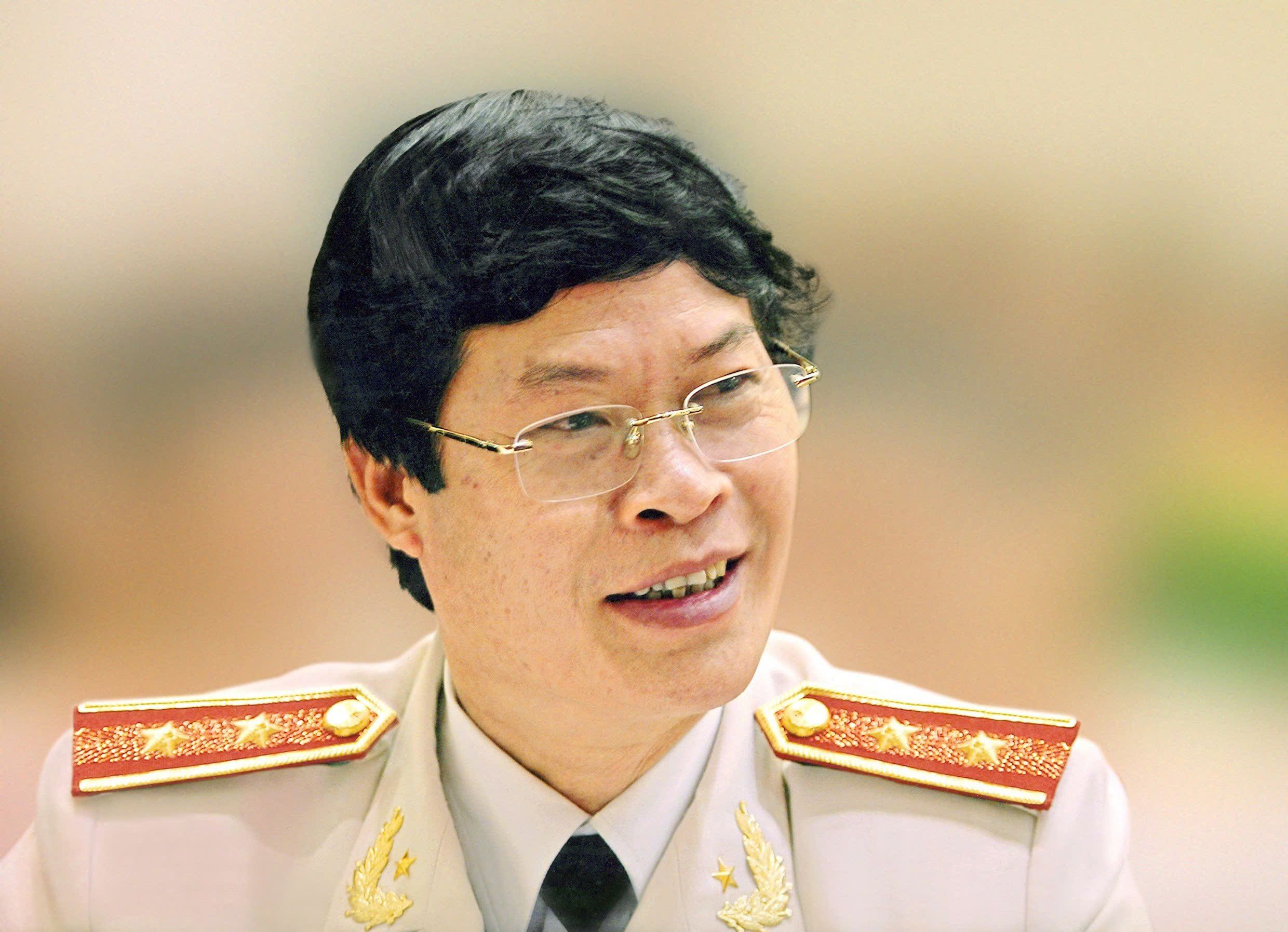
Journalist and writer Huu Uoc
During the period when print newspapers were still king - from the 1990s to the early 2010s - the name Huu Uoc emerged like a "wolf" in the press forest. Not too noisy, but wherever he was, there were "teeth marks" deeply imprinted on each page of the newspaper. He worked as a journalist like a hunter - sensitive, fiery, uncompromising and always one step ahead. It is difficult to mistake a newspaper page organized by Huu Uoc - because it carries the temperament of a person who understands politics, literature and people's hearts.
In journalism, Huu Uoc stands out for his sensitivity to the market while still not straying from principles. He chooses articles like bait - wise, current, daring to argue, daring to touch but still full of direction. He opens the golden age of columns that once made the entire journalism community look back: from a series of dramatic investigative reports, multi-layered criminal portraits to the hidden corners of power, society, and human psychology.
He understood a seemingly simple principle: if you want people to read the newspaper, you have to make them want to pick it up. And to do that, the press has to appeal to the curiosity, the fear, the hope, the most secret insecurities of modern life.
The press under his hands was not dry and avoided dogma. It was a combination of fighting, narrative, and contemplation. The World Security newspaper at that time was not simply a newspaper, it was a reading space, a meeting place for industry officials, intellectuals, artists, and general readers.

In a sensitive position like the police newspaper, Huu Uoc once said that he “walked a tightrope” many times. But instead of avoiding, he took the lead. The press he organized dared to bring the people’s voice into the newspaper, dared to criticize, dared to tell stories about the fates outside the light, the people on the margins of the system. He did not hide the thorn, he found a way to stick it in the right place. Not to shock, but to force people to face it. His newspaper had both “soldier quality” – fierce, direct; and “artistic quality” – deep, thoughtful, with many layers of metaphors.
But the so-called "Huu Uoc school" is not only about the content, but also about the way of organizing journalistic life as a whole with its own principles and vitality. It is the crystallization of investigation-criticism-literature-current events, between journalistic reason and artistic emotion. He lets writers write portraits of criminals, lets journalists tell stories as if they were constructing a novel. He encourages experimentation, but still demands honesty to the end.
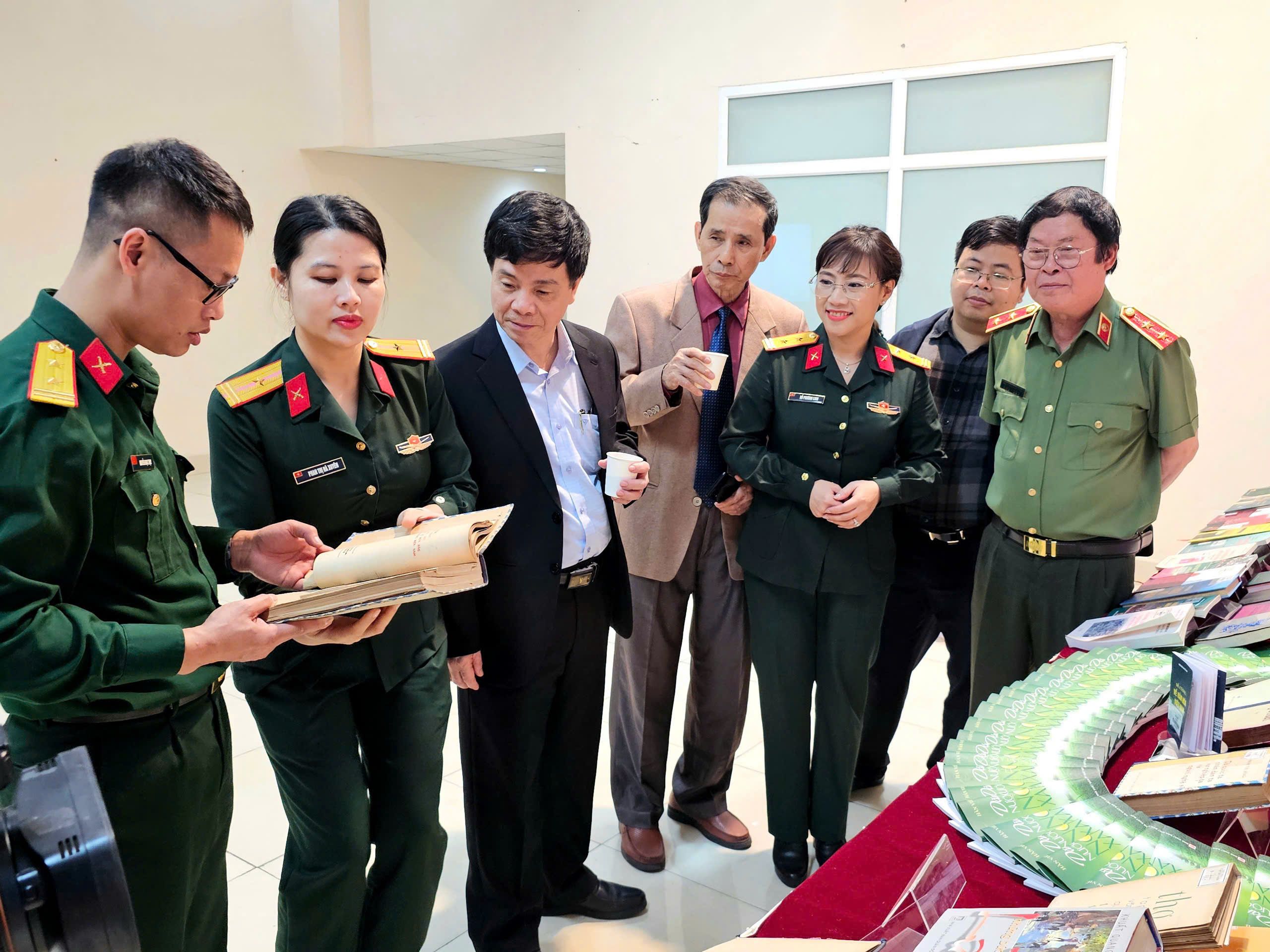
Under his leadership, journalism was not only a place to work, but also a place to make a living. At that time, many of his employees, thanks to their series of articles and columns, were paid royalties to buy cars, buy houses, and provide for their families. In a time when few newspapers could afford to "support" writers, in his newspaper, good reporters could live well and decently thanks to their own writing.
In his writing, Huu Uoc left his mark with short stories, essays, poems and even novels - works imbued with the spirit of soldiers, life and humanity. Many of his poems have been set to music, spreading emotions. Huu Uoc has a way of writing that seems to tear his heart out. His stories - from the battlefield to prison, from border posts to the city - are all imbued with existentialism. He writes well, and in any genre he leaves an impression of a thorny, raw, unadorned and haunting personality. There is a feeling that he does not write for beauty, but writes to live truthfully, to speak truthfully.
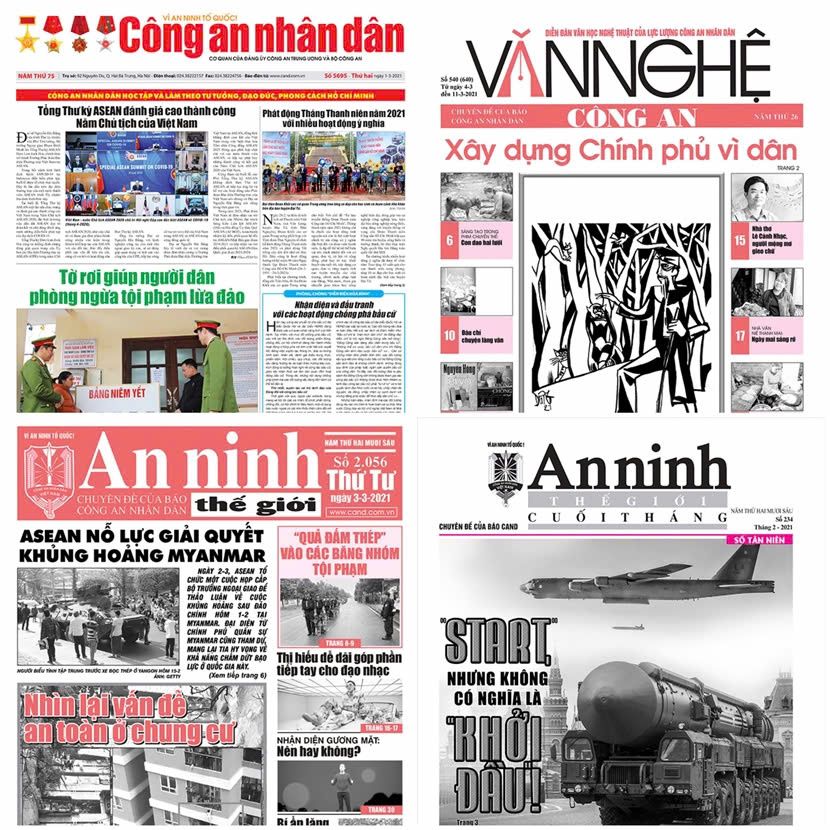
In a sensitive position like the police newspaper, Huu Uoc once said that he “walked a tightrope” many times. But instead of avoiding, he took the lead. The press he organized dared to bring the people’s voice into the newspaper, dared to criticize, dared to tell stories about the fates outside the light, the people on the margins of the system. He did not hide the thorn, he found a way to stick it in the right place. Not to shock, but to force people to face it. His newspaper had both “soldier quality” – fierce, direct; and “artistic quality” – deep, thoughtful, with many layers of metaphors.
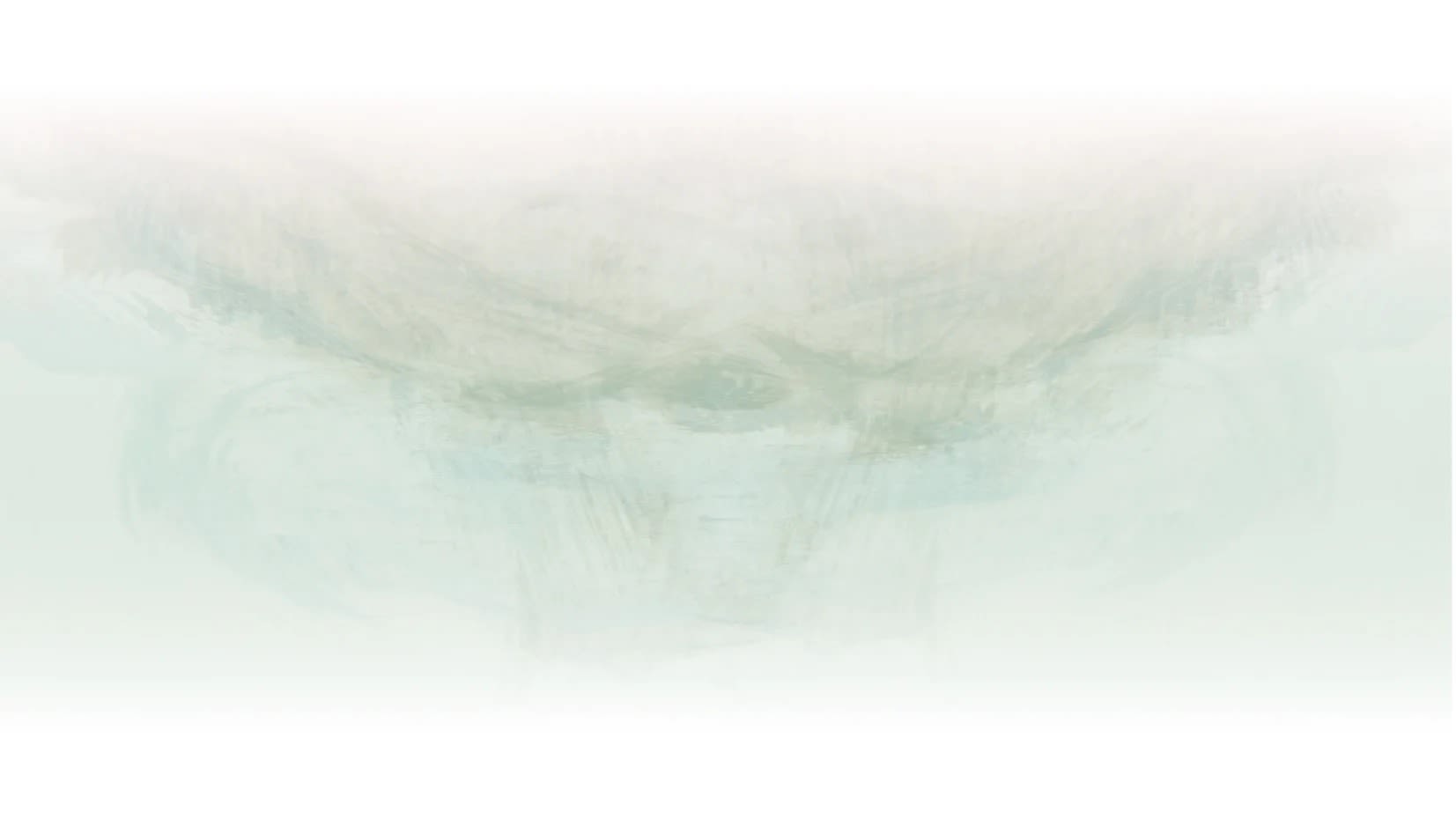
2. But perhaps the most remarkable thing is the way Huu Uoc won over writers and maintained the team of writers he managed. At one time, he "recruited" all the talented names in the literary world to advise and guard his newspaper: Do Chu, Tran Dang Khoa, Nguyen Quang Thieu, Nhu Phong, Nguyen Thi Thu Hue, Hong Thanh Quang, Nguyen Thi Thuy Linh...
At that time, anyone who got his "nod" was considered to have a valuable position. Any writer who worked with him carried a quiet pressure, but at the same time, a secret pride.
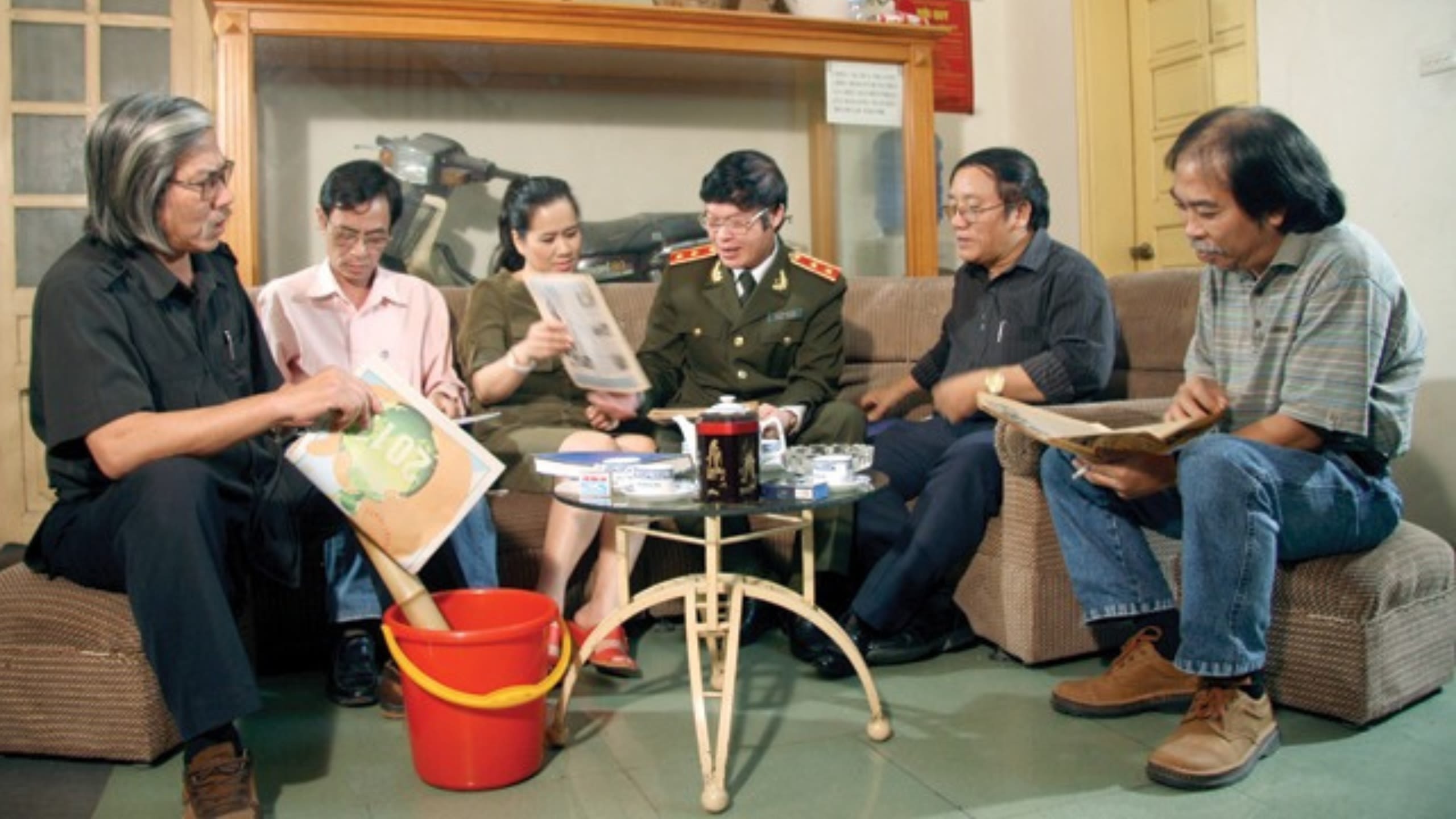
Lieutenant General, writer Huu Uoc and the author (right cover) with early collaborators of the World Public Security and Public Arts (photo taken in November 2011). Photo: cand.com.vn
The names that emerged at that time such as: Pham Khai, Hong Lam, Nguyen Quyen, Nhu Binh, Do Doan Hoang, Dang Huyen, Dang Vuong Hanh, Trinh Viet Dong, Vu Cao, Pham Ngoc Duong, Sy Tuan... all went through "Huu Uoc furnace". Many of them, even though they are no longer in the newspaper industry, still carry that style: sharp - profound - courageous - and emotional.
Because Huu Uoc is a person who knows how to use people in a sophisticated and experienced way. He is never afraid of subordinates and employees who are better than him. On the contrary, he knows how to gather, submit and use them according to their strengths and abilities. He creates a good enough working environment for them to feel secure and comfortable. He is also capable of coordinating and harmonizing many different personalities to work together and work for him.
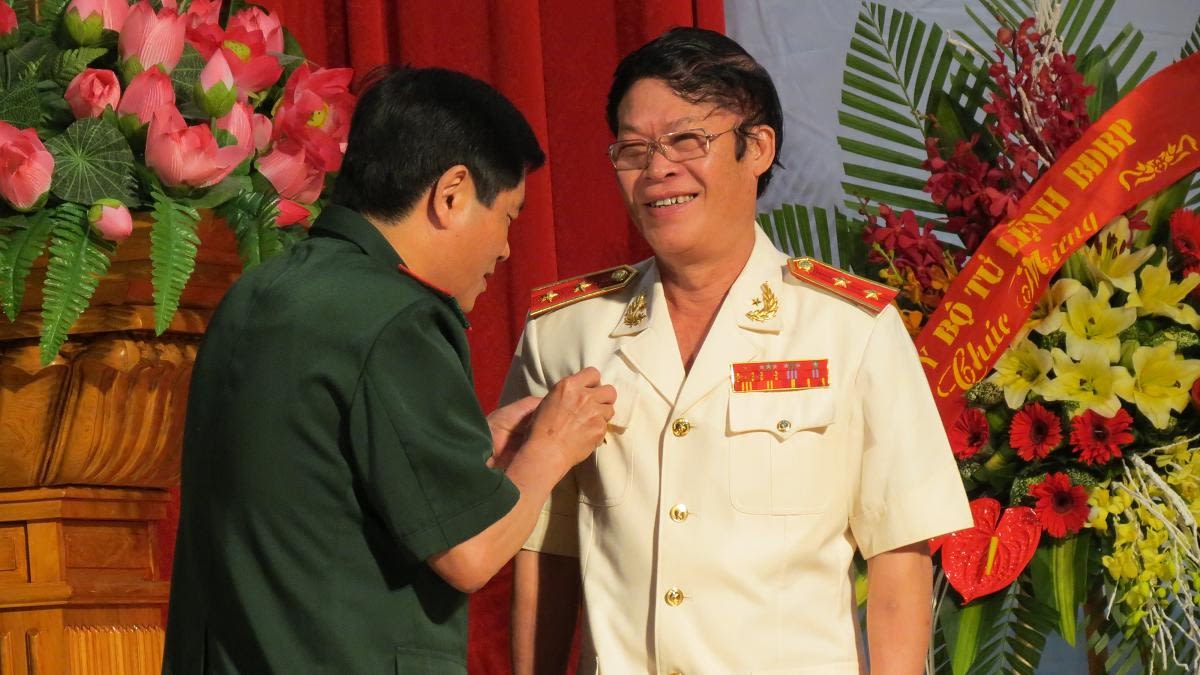
Lieutenant General Huu Uoc was awarded a commemorative medal by the Border Guard newspaper, during the ceremony to receive the Second Class Fatherland Protection Medal and celebrate the 56th anniversary of the newspaper's Traditional Day (April 22, 1959 - April 22, 2015). Photo: wikipedia
If journalism is considered a big forest, then Huu Uoc is a wolf that is both scary and respectable, not living in packs but always knowing how to survive and making people wary. But Huu Uoc is not just the "old wolf" of journalism. In his behavior, he is a special personality, a person full of attractive contradictions: both cold and sympathetic. He is upright, loves and hates clearly, and can mercilessly slap anyone he considers to be deceitful and slippery. The "big brother" quality, mixed with experience, soldier spirit and mastery instinct makes him different from most journalists of his time. He can be very delicate, understanding people, but is also ready to confront when he feels injustice or is offended.
With subordinates, he was generous and open-minded, but with superiors who lacked integrity, he was not afraid to react, even to antagonize. While in office, Huu Uoc had extensive relationships, creating a certain social influence, thanks to which not only his newspaper but also his subordinates and colleagues inherited an underground position, a kind of "power brand" that he had worked hard to build.
Huu Uoc's influence did not stop at the police press system. He was the one who expanded the scope of the press - so that it was not only a propaganda tool, but also a part of social life.

If journalism is considered a big forest, then Huu Uoc is a wolf that is both scary and respectable, not living in packs but always knowing how to survive and making people wary. But Huu Uoc is not just the "old wolf" of journalism. In his behavior, he is a special personality, a person full of attractive contradictions: both cold and sympathetic. He is upright, loves and hates clearly, and can mercilessly slap anyone he considers to be deceitful and slippery. The "big brother" quality, mixed with experience, soldier spirit and mastery instinct makes him different from most journalists of his time. He can be very delicate, understanding people, but is also ready to confront when he feels injustice or is offended.
Phan Thanh Phong
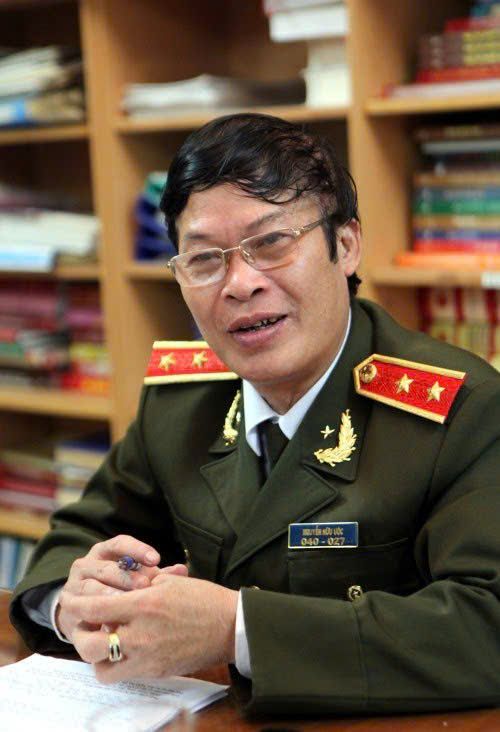
Journalist and writer Huu Uoc
3. But like many people at the top, Huu Uoc could not avoid stumbling, seemingly small scratches that turned into wounds when realized. In his intense journey of journalism, he also had to face trade-offs. When he was very young, Huu Uoc was once in trouble with the law because of an article - the feeling of losing freedom because of words followed him forever.
Later, after retiring, he was unexpectedly involved in a lawsuit involving the old editorial office, with subordinates who had once fought together, some of whom he had mentored. The incident involving the People's Police Newspaper apartment building forced him to face public opinion, his former responsibility as a leader, and the cold truth about human nature. But after that, he did not run away. He accepted responsibility, spoke up, and dealt with the consequences like a real man who knew how to bow his head.
After retiring, he also faced unspeakable losses: the physical pain of a serious illness and the deep emotional wound of his wife's sudden death not long before his retirement. There were moments when it seemed as if both his body and soul were being crushed. But once again, he did not run away, but determined to go through it all. The bravery of an "old wolf" never retreats. It only growls less - and endures silently.
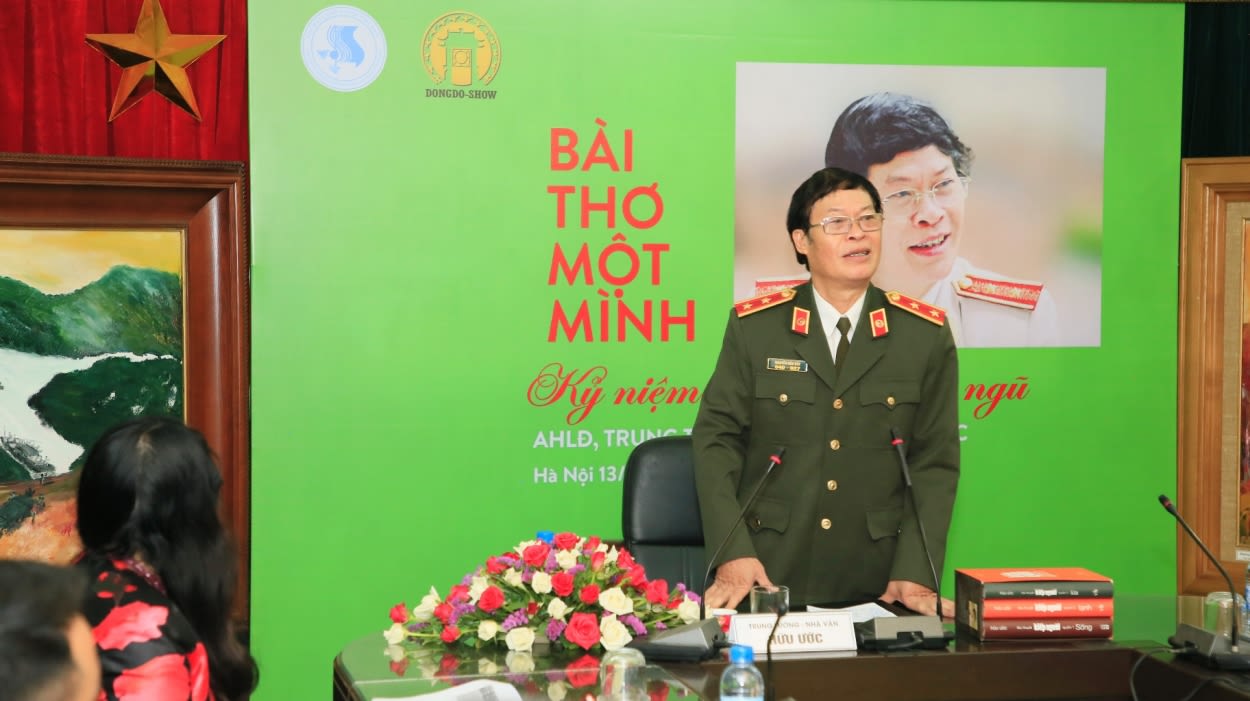
Lieutenant General and poet Huu Uoc shares about the poetry, music and painting night "Huu Uoc and the poem Alone" which will take place at Au Co Theater. (Photo: Tuoi Tre Thu Do)
Occasionally, during meetings with literary and journalistic friends, one can still see in Huu Uoc the same fiery fire from years ago. He still passionately tells stories, still draws listeners into storms of memories, memories mixed with pride and pain. After many treatments and dissections, he reappears on forums, expressing new plans, aspirations that seem absurd at his age - such as writing a lifetime novel, possibly winning an international literary award, going beyond national borders. It sounds far-fetched, but anyone who knows Huu Uoc will understand: he is a person who does not live half-heartedly, even when entering the twilight of his life, he still yearns to leave a mark.
As the era of print journalism gradually comes to an end, Huu Uoc's shadow still remains - in the way newsrooms organize their special topics, in the carefulness with which they choose headlines, in the desire to have their own identity in a chaotic era. His name is associated with a period when journalism could change public opinion, evoke conscience and awaken intelligence.
If there were a monument to the golden age of newspapers, then behind it, there would certainly be a scratch - sharp, deep and indelible - of the "old wolf" named Huu Uoc.
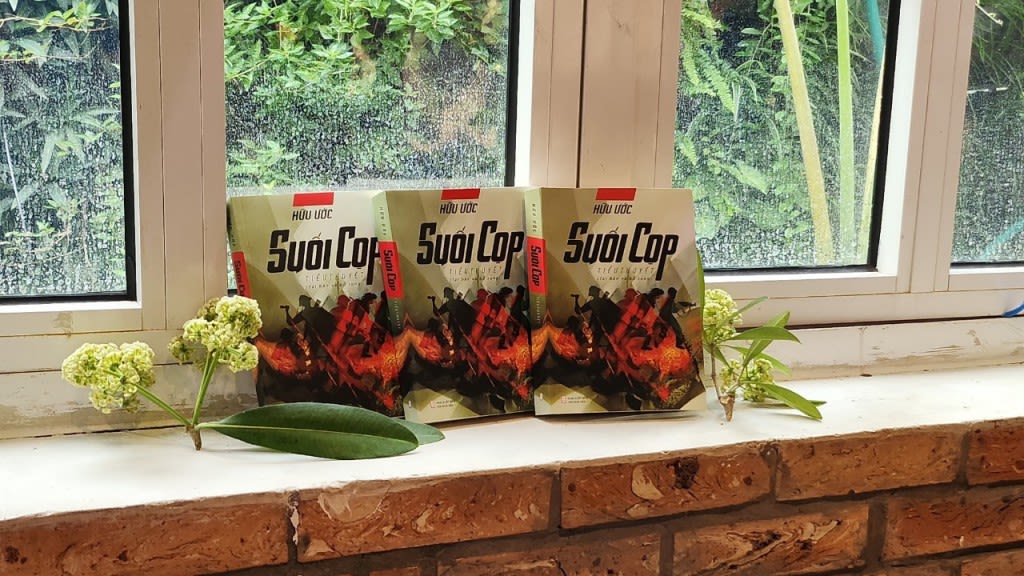
Presented by: Bao Minh
Nhandan.vn
Source: https://nhandan.vn/special/Huu-Uoc-con-soi-gia-cua-bao-giay-thoi-hoang-kim/index.html


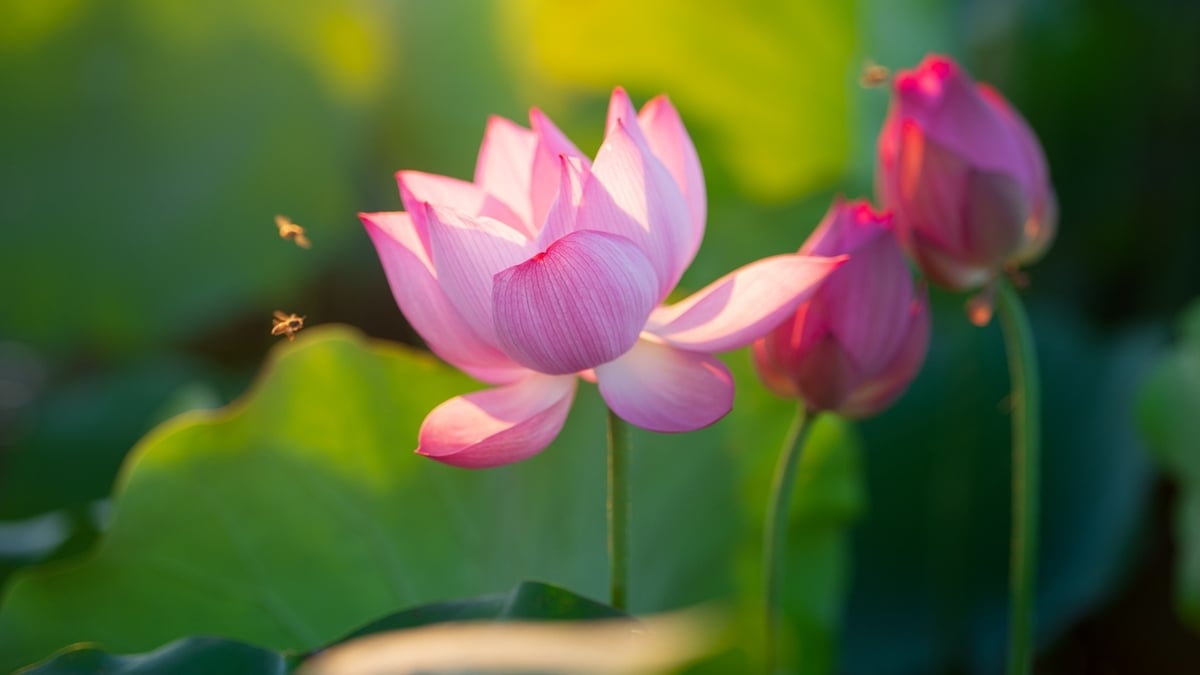
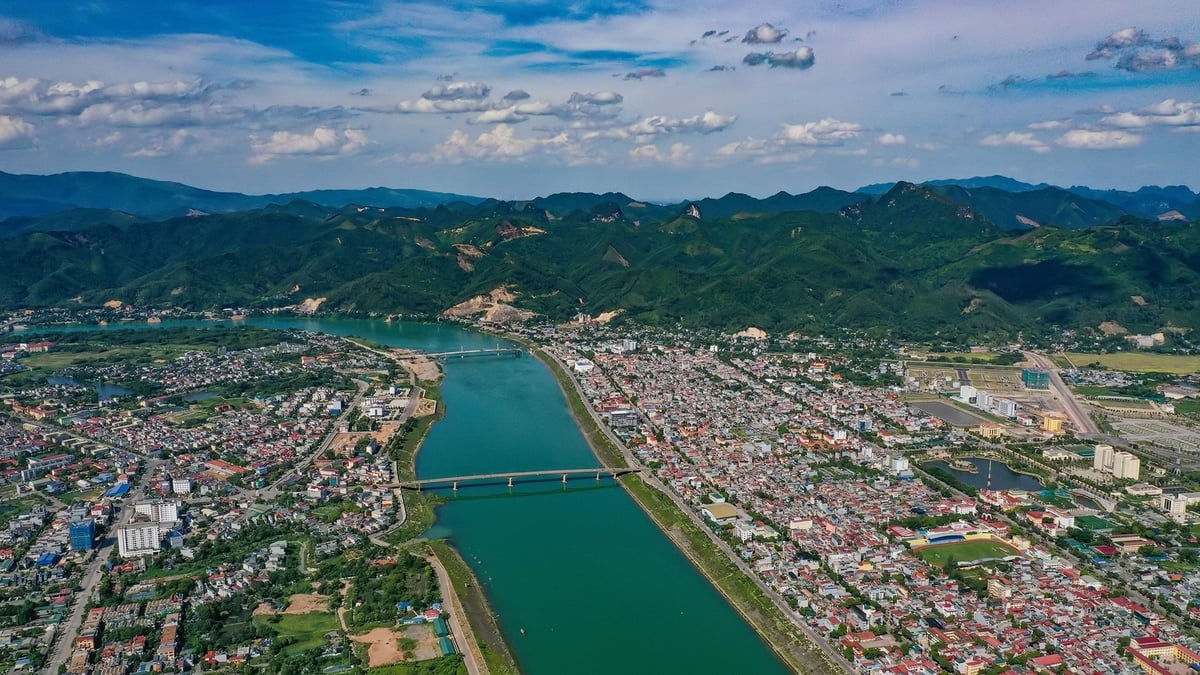
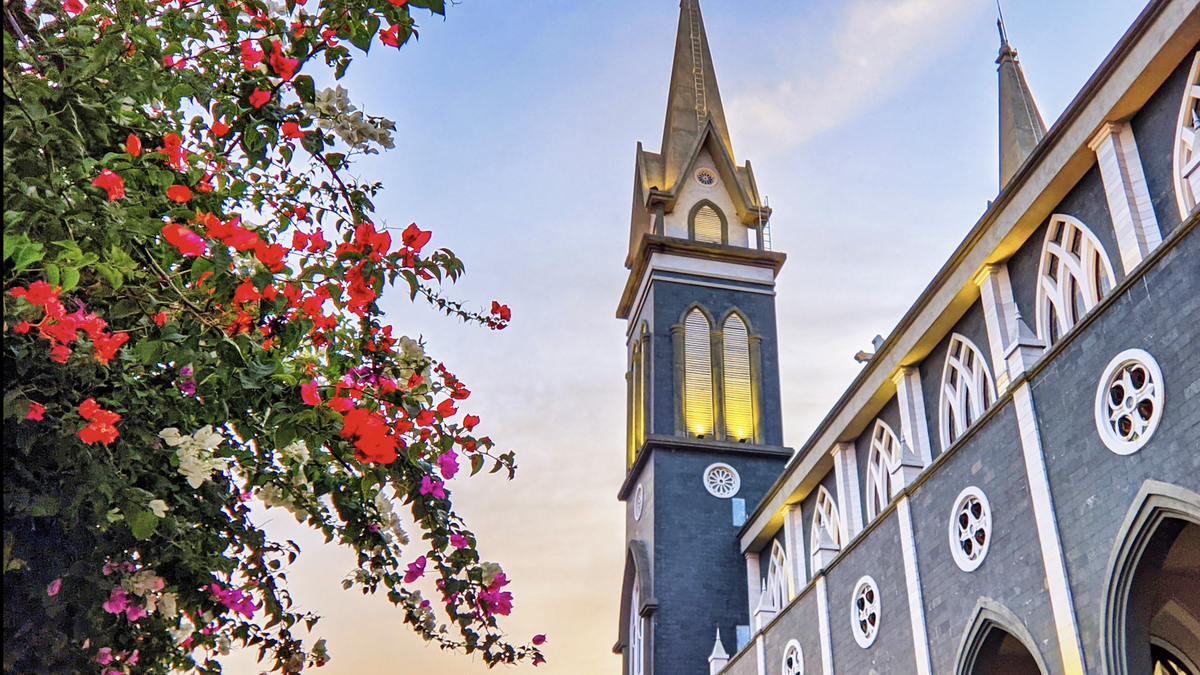


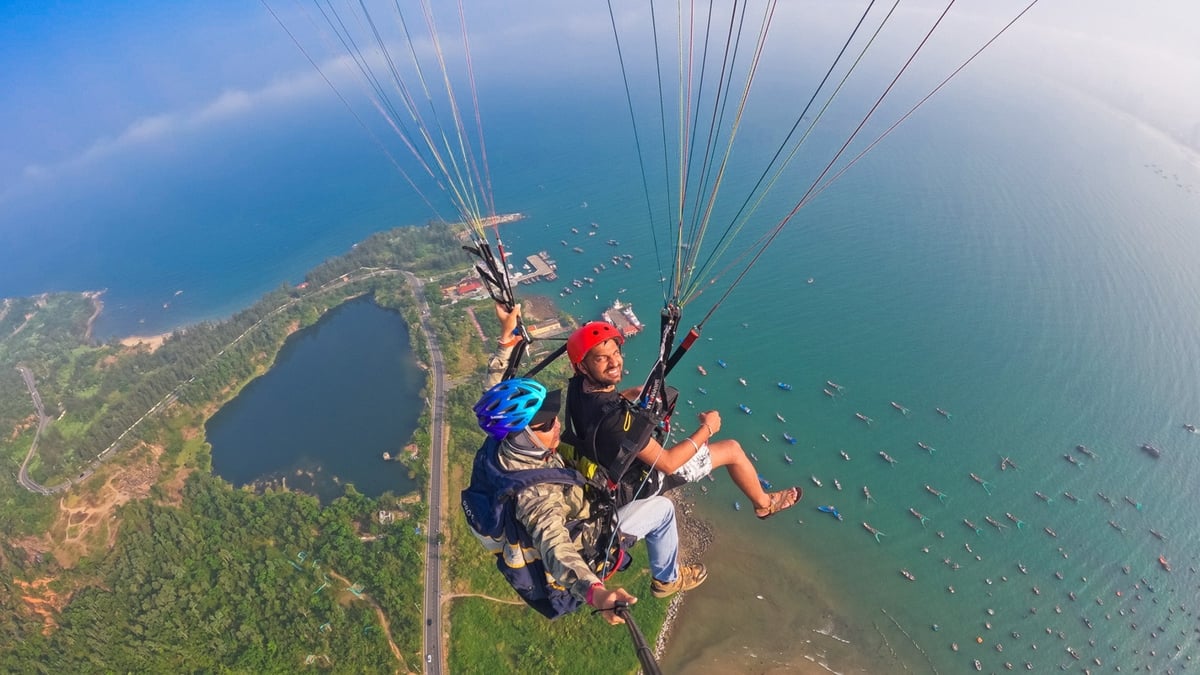
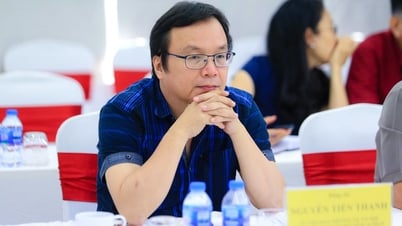


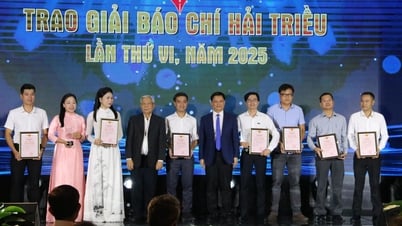

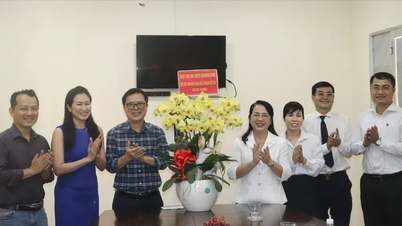

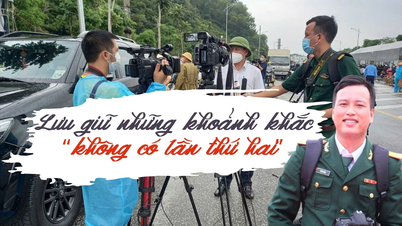




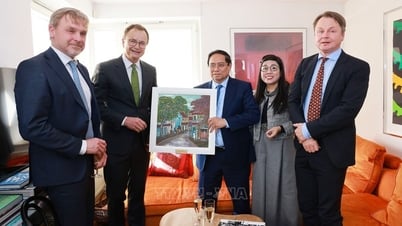

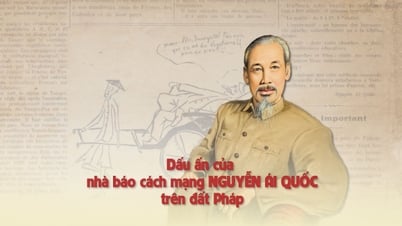


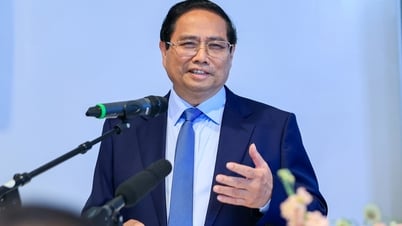




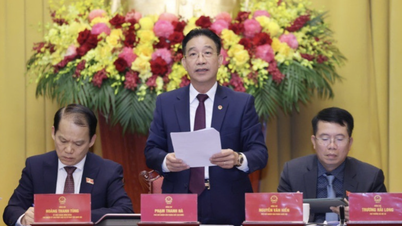
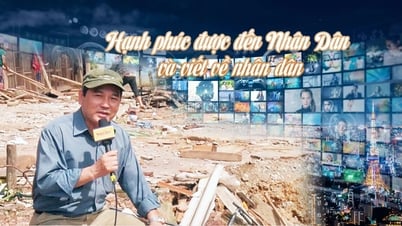
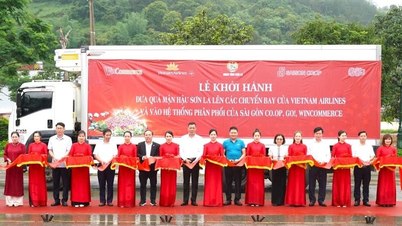
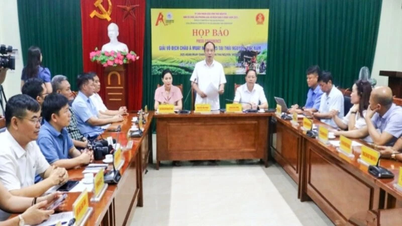
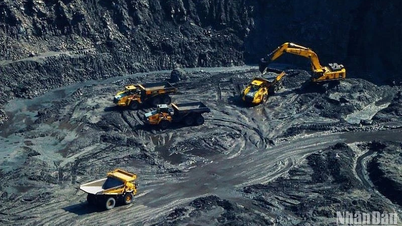
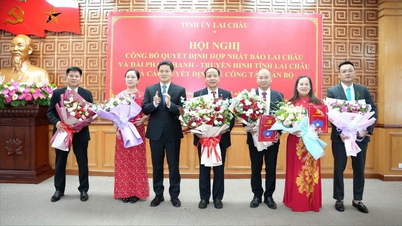

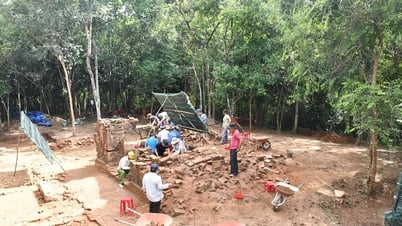

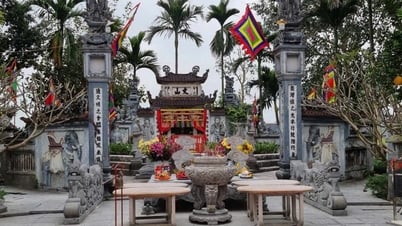

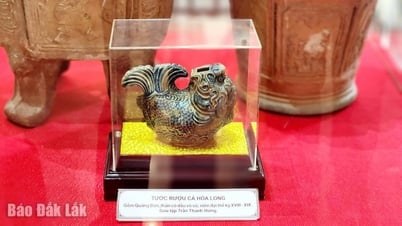

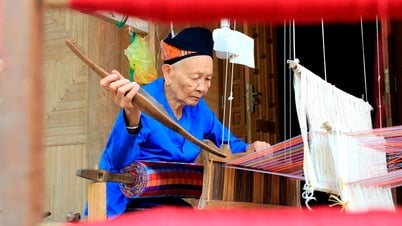



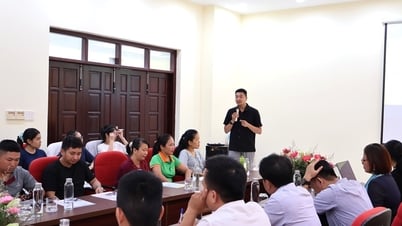
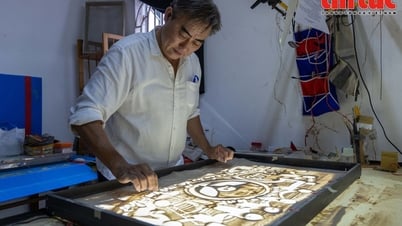

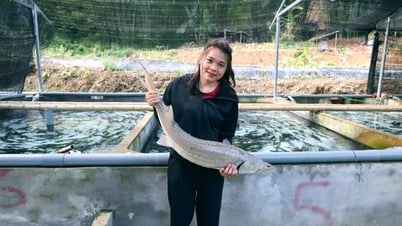

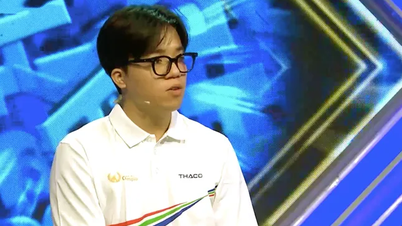

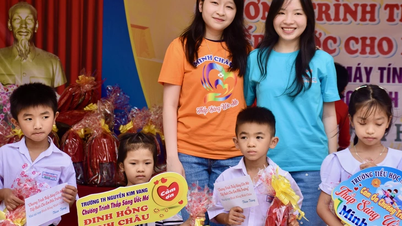

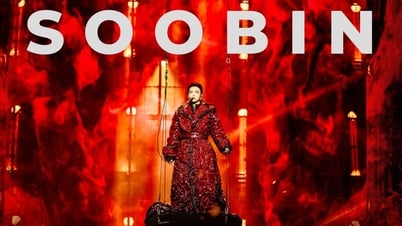

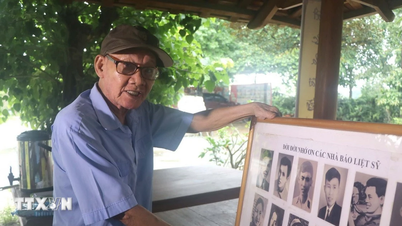
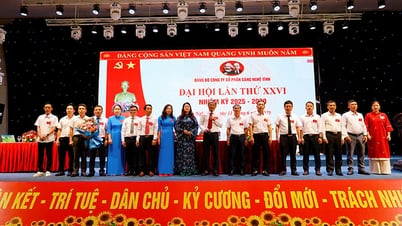

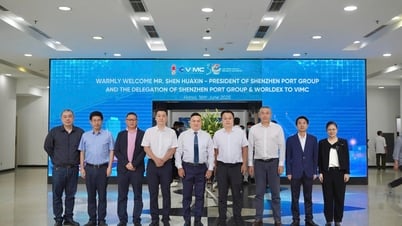
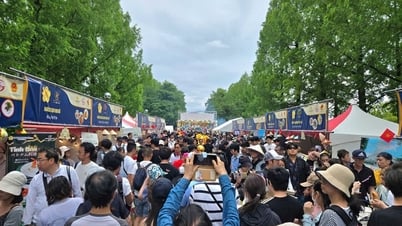
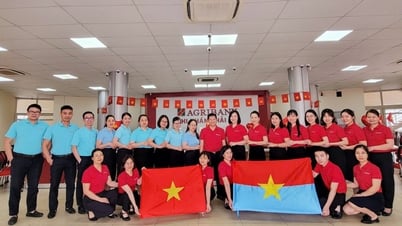
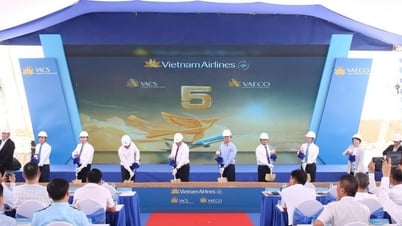

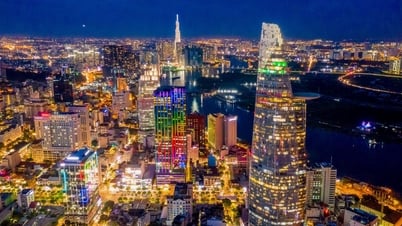
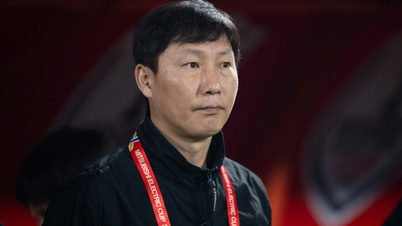

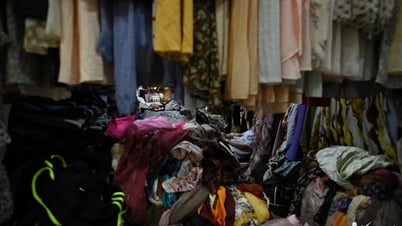

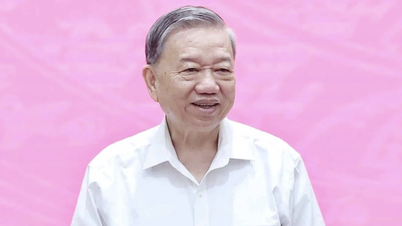


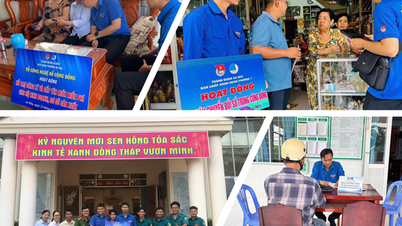
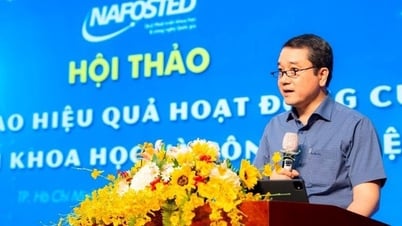
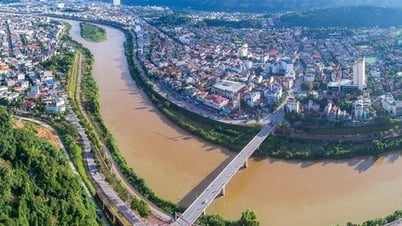

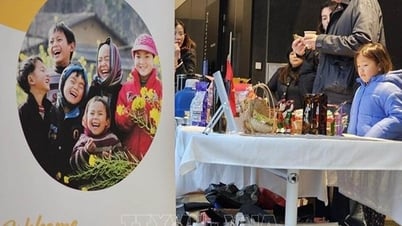
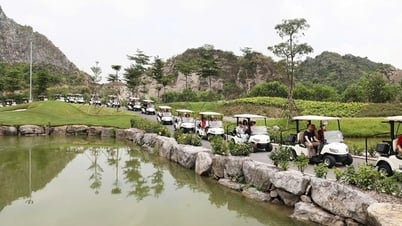
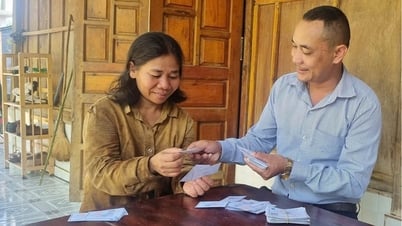




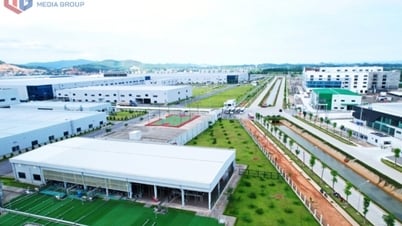
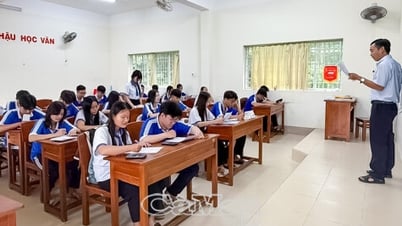

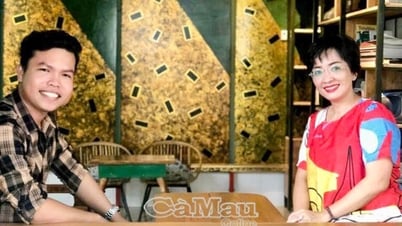
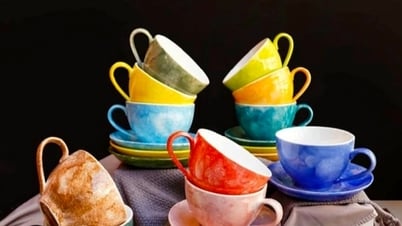








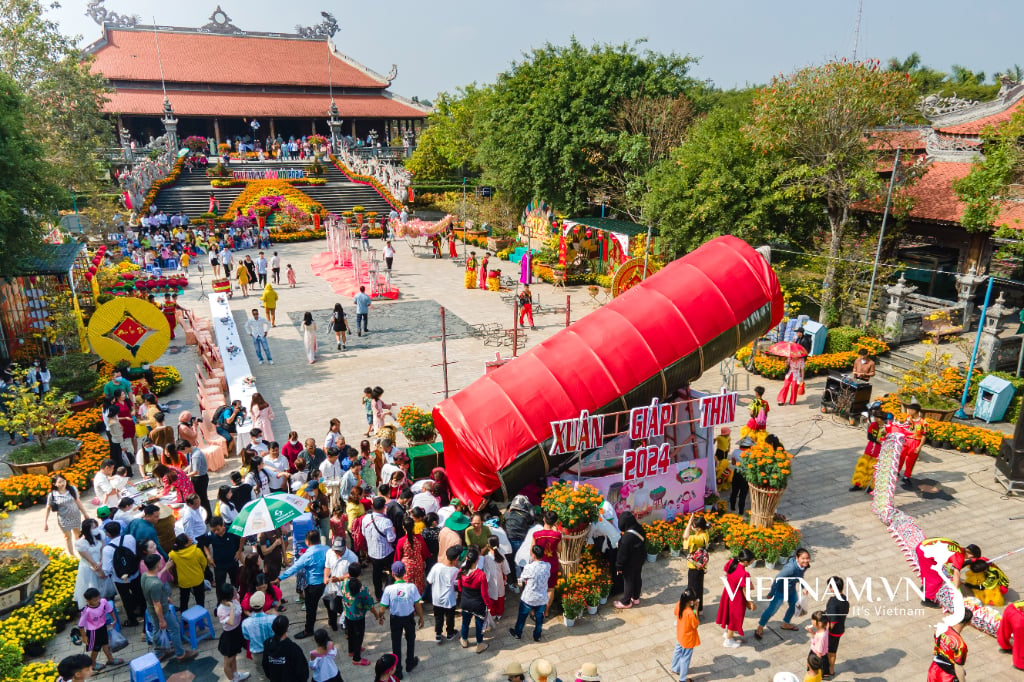


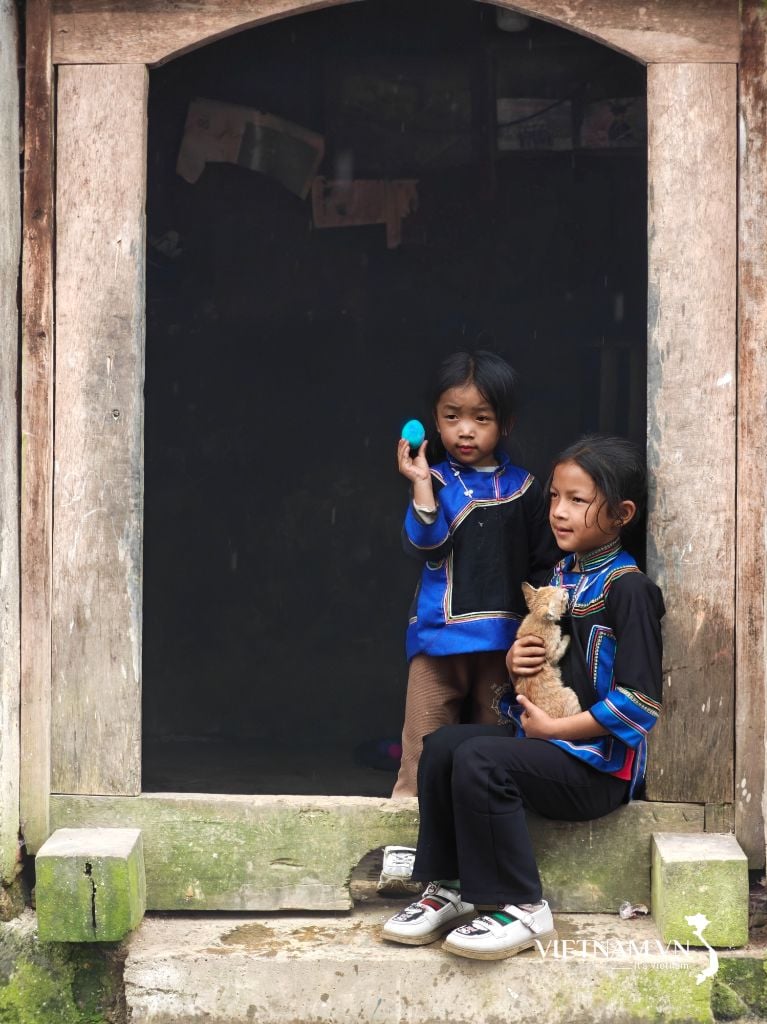
Comment (0)